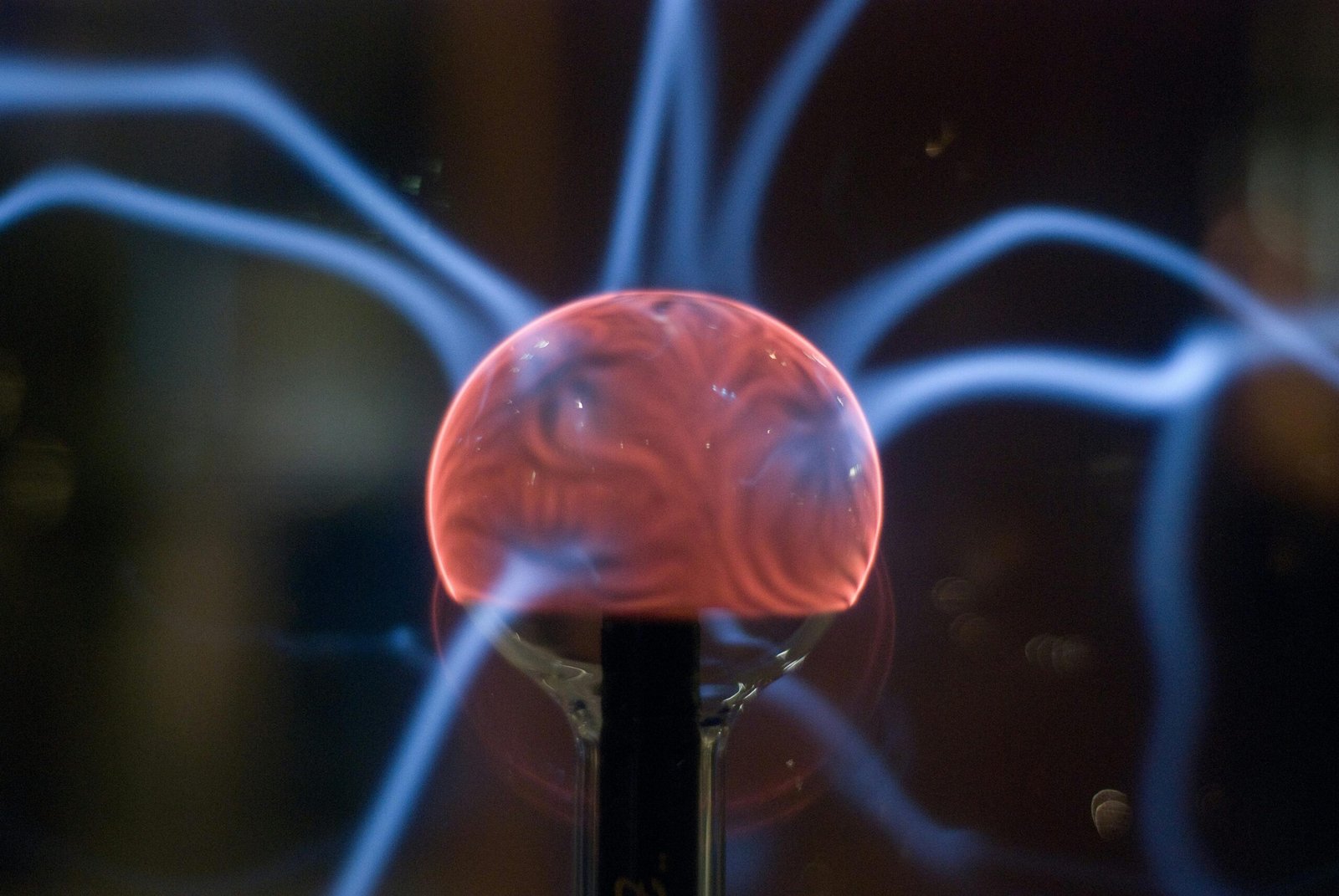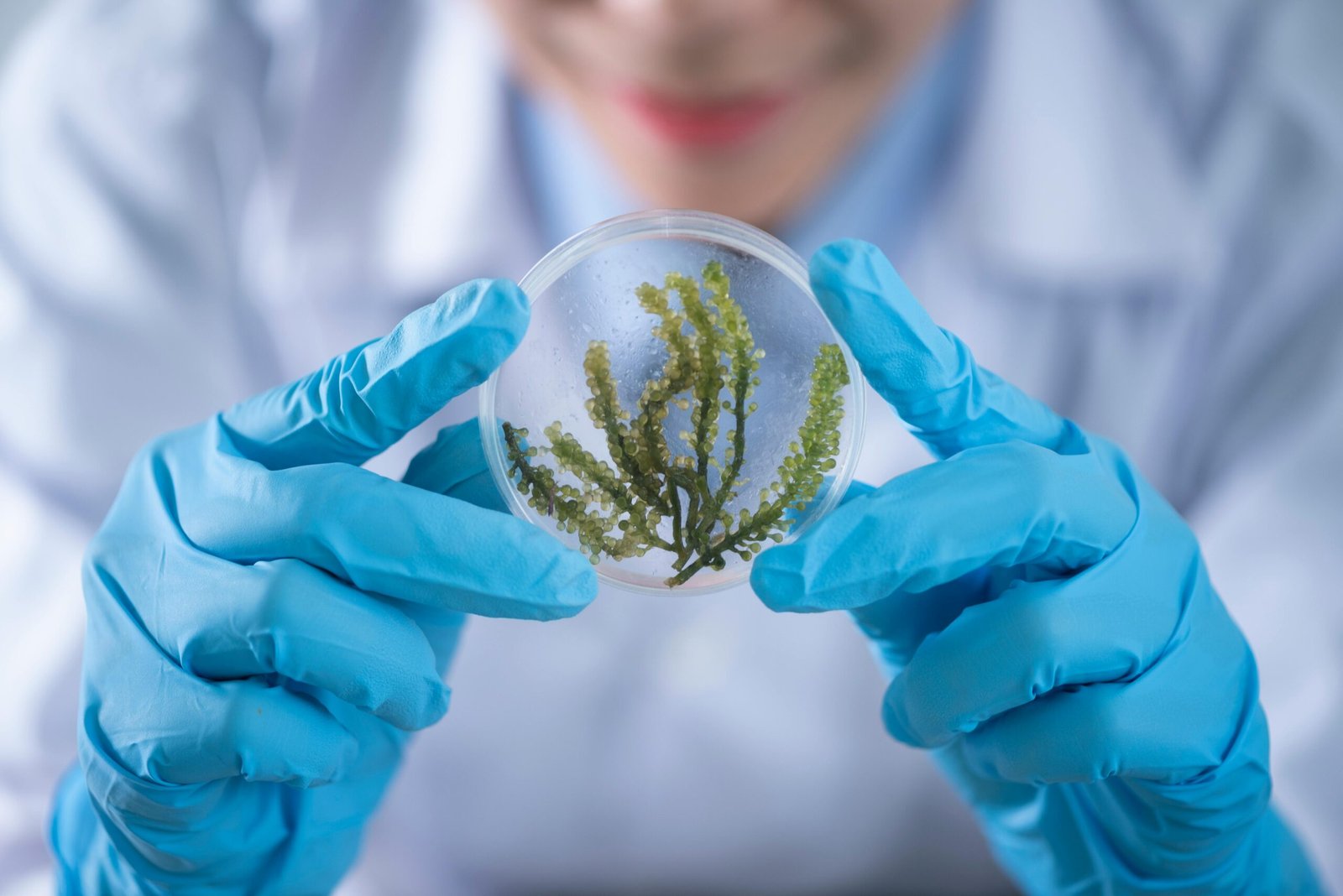The Wonders of Science: Unravelling the Mysteries of the Universe

Part 1: The Foundations of Science
Science is the backbone of human progress, shaping the way we understand the world. From the tiniest atoms to the vast expanse of the universe, science provides answers and fuels innovation. Imagine a world without scientific discoveries—no electricity, no medicine, no internet. This blog explores the key branches of science and their impact on our daily lives.
1. The Scientific Method: How We Discover Truth
– Observation and Hypothesis
Science begins with curiosity. Scientists observe natural phenomena and formulate hypotheses to explain them.
– Experimentation and Analysis
Experiments test these hypotheses, and data is analyzed to draw conclusions.
– Theories and Laws
When consistent results are obtained, hypotheses evolve into theories and, eventually, scientific laws.
2. The Building Blocks of Matter: Chemistry
– Elements and Compounds
The periodic table organizes elements that make up everything around us.
– Chemical Reactions
From combustion to photosynthesis, reactions power our world.
– Applications in Medicine and Industry
Chemistry is behind life-saving drugs, industrial processes, and environmental conservation.
3. The Physics of Our Universe
– Newton’s Laws of Motion
Understanding how objects move helps us build vehicles, machines, and space exploration tools.
– Electricity and Magnetism
These forces power our homes, industries, and communication systems.
– Quantum Mechanics: The Science of the Tiny
At an atomic level, physics defies common logic, leading to technological advancements like quantum computing.
4. Biology: The Science of Life
– The Cell: The Basic Unit of Life
Cells form the foundation of all living beings, from bacteria to humans.
– Genetics and Evolution
DNA holds the blueprint of life, explaining inheritance and evolution.
– Biotechnology and Medicine
Advances in biology lead to medical breakthroughs like vaccines and gene therapy.
Part 2: The Future of Science and Its Impact
5. Space Exploration: Unlocking the Cosmos
– The Solar System and Beyond
NASA and SpaceX continue to explore Mars and beyond.
– Black Holes and Dark Matter
Unraveling the secrets of the universe’s most mysterious phenomena.
– The Future of Space Travel
Will humans colonize Mars? The possibilities are endless.
6. Artificial Intelligence and Robotics
– How AI Works
Machine learning and neural networks mimic human intelligence.
– AI in Daily Life
From virtual assistants to self-driving cars, AI is transforming industries.
– The Ethical Dilemmas of AI
Can machines surpass human intelligence? The debate continues.
7. Environmental Science: Saving Our Planet
– Climate Change and Global Warming
Human activities impact the Earth’s climate, leading to rising temperatures.
– Renewable Energy Solutions
Solar, wind, and hydroelectric power offer sustainable alternatives.
– Conservation and Sustainable Living
Small lifestyle changes can make a big difference in preserving nature.
8. Medical Science: The Next Frontier
– Advances in Surgery and Treatment
Robotic surgeries and personalized medicine are revolutionizing healthcare.
– The Fight Against Diseases
Vaccines and research continue to combat deadly diseases.
– The Possibility of Immortality
Can science extend human life indefinitely? Researchers are exploring longevity.
9. The Role of Technology in Scientific Discovery
– Supercomputers and Simulations
Computers aid in solving complex scientific problems.
– The Internet and Information Sharing
Scientists worldwide collaborate in real-time, speeding up discoveries.
– The Future of Scientific Innovation
Breakthroughs in nanotechnology, bioengineering, and more continue to emerge.
10. Conclusion: The Ever-Evolving World of Science
Science is not static—it evolves with every discovery. It shapes our lives, fuels progress, and holds the key to solving global challenges. As we move forward, science will continue to push boundaries, leading to new innovations that redefine our understanding of the universe. The future is bright, and science is at the heart of it all.


